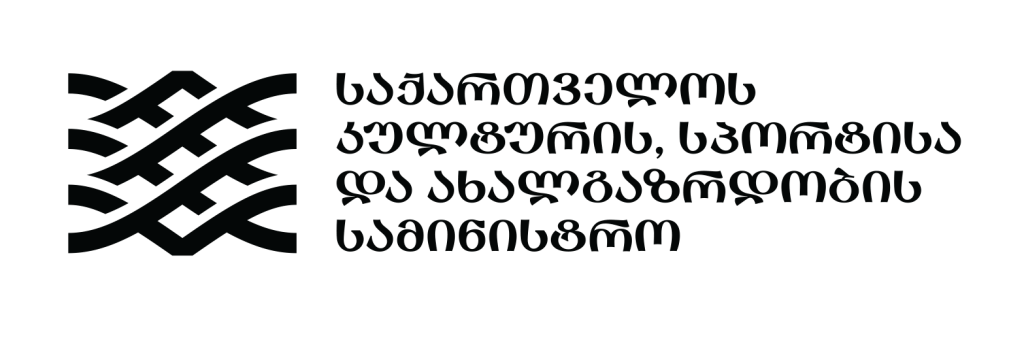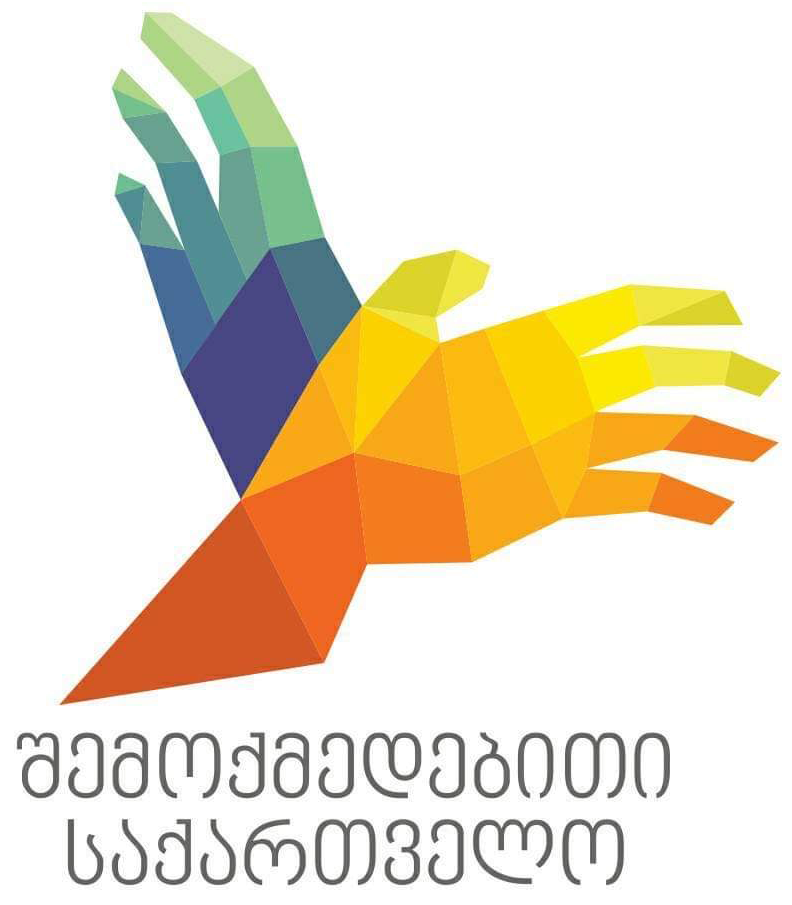Culture Moves Europe provides mobility grants for artists and cultural professionals in all 40 creative Europe countries. It covers the sectors of architecture, cultural heritage, design and fashion design, literature, music, performing arts and visual arts. With a budget of €21 million, Culture Moves Europe offers mobility grants to around 7,000 artists, cultural professionals and host organisations from 2022 to 2025. Funded by the Creative Europe programme of the European Union, Culture Moves Europe is implemented by the Goethe-Institut. Learn about the success stories of Georgian artists
Georgia Arts and Culture Center – Culture Moves Europe grantee
– What motivated you to apply for the Culture Moves Europe Programme?
Georgia Arts and Culture Center for already many years runs the Crafts Development Programme which has a countrywide coverage. Despite its deep experience in the sector sharing the knowledge with European peers is very important for the success of the activities aiming on the one hand safeguarding of crafts traditions, motivation of local communities and on the other hand for the stimulation of innovation, commercialization and economic sustainability of the crafts actors. Establishment of the strong ties with diverse international stakeholders is also curtail for the initiation of cooperation projects and securing the funding for the further development of the crafts sector in the country.
Being WCC-Europe member, we were invited to participate in the General Assembly of World Crafts Council Europe 2023 in Mata which is an important platform for this kind of engagement and Culture Moves Europe Programme was an exact match for our small team: Maka Dvalishvili, GACC Director and me, Tamar Kiknadze, Programmes Development Manger to use the opportunity.
– How did the funding from Creative Europe impact the development and execution of your project?
The funding from Creative Europe enabled us tobe part of the elaboration of a joint approach and actions for the development of the European Crafts sector. The 7 days residency programme included several types of activities, such as working meetings withthe host organization, participation in the WCC Europe General Assembly and InternationalConference. All these improved our understanding of the common challenges and possibilities of replication the good practices of various European countries.
– What were some of the key challenges you faced during your project, and how did you overcome them?
The project implementation was quite smooth. The good communication with the host organization prepared a good ground for the project and thanks to it there were no significant challenges faced.
– Can you share a memorable moment or success story from your mobility?
One of the most memorable moments of the mobility was the Award Ceremony for Maltese Artisanship. The ceremony was held in the Upper Barrakka Gardens and reflected the traditions and modern achievement of Maltese Crafts sector. The event gathered the crafts actors, designers, makers, main stockholders of the country and visiting organizations and made a good reflection of the Maltese Craft Foundation activities and contribution to the sector.
– What advice would you give to other cultural professionals considering applying for the Culture Moves Europe Programme?
The main advice is to invest the time in the preparation of the mobility. Well selected partner and well scheduled activity programme is the key for the success of the project. At the same time, it is important to stay open for the new opportunities and be flexible to adjust the programme for the enrichment of the gained experience.
– In what ways has this project changed or influenced your professional perspective or career?
The project enabled us to scale up our perspective of crafts sector to the European dimension. It helped to gain confidence in our activities as we see that most of our approaches are in tuned with international actions. At the same time, the residency allowed us to strengthen cooperation ties and to initiate the new ones that will allow us to scale up our future projects.
– Can you briefly describe your project and its main objectives?
The mobility project had two main objectives: First of all, it aimed todeepen the professional cooperation of the Georgian Arts and Culture Center with Malta CraftsFoundation, on the bases of in-person discussions, experience exchange, and acquaintance with theactivities taken for the safeguarding, development, and promotion of the craft sector.
The second goal was the further development of networking within the World Craft Council Europemember organizations, which represents the largest European network within the sector viaparticipation of the international conference and General Assembly.
– How do you see the future of your project, and what are your next steps?
As the residency took place in 2023, it already has been transformed in the tangible result. Based on the discussions with the European peers and identification of the common interests and ground for the future collaboration GACC initiated creation of the consortium for the Erazmus+ funding. The project related to the adult non-formal education in craft has been developed in partnership with Mad’in Europe (Belgium) as main applicant, Artex (Italy) and The National Museum in Gdańsk (Poland). It was awarded the funding and will be starting in September 2024.





